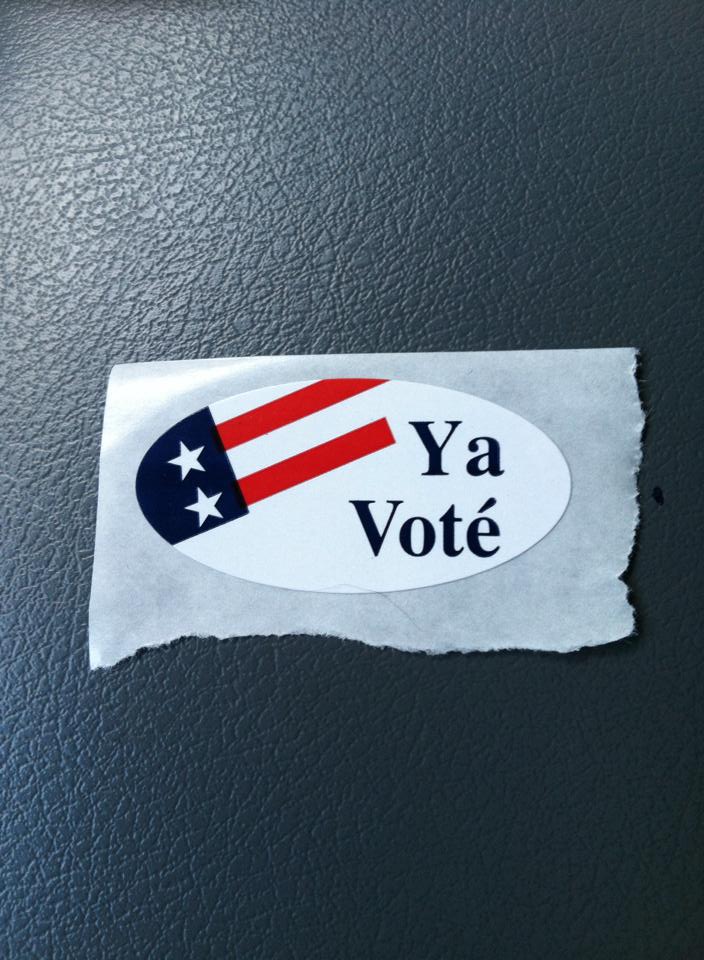The fact that the State of Illinois has dire fiscal problems is well documented. If you just type in headlines like “Illinois is broke” into your web browser and you can spend hours reading. One of the best is Illinois Policy.org which brings together articles from various news sources into a coherent theme. We have a new governor, Bruce Rauner, who is wealthy and thus unlikely to be entangled in corruption, who is pledging to take on this giant mess, which is a cause for optimism.
The issues, however, are much larger. It isn’t just the state of Illinois which is in deep crisis – we have an interconnected set of entities all of which are on the verge of facing fiscal woes, who in turn can tip other entities off the fiscal cliff. The city of Chicago also has very significant financial problems, mostly from pensions as well, which it has been papering over for many years with debt and by allowing its unfunded pension issue to get ever larger. Cook County, too, which is one of the largest governmental counties and entities of its nature in the USA, is also facing dire challenges.
Once you get beyond the state, the city of Chicago, and Cook County, you encounter myriad minefields from our plethora of governmental units. Illinois has more governmental entities than any other state, 8400, as you can see from this article. Most of them have various taxing powers, debt they’ve raised, and liabilities like pensions and health care for workers that are not funded. Look near O’Hare, where the (tiny) city of Rosemont has funded huge shopping malls, convention centers, and even a casino by floating debt. In the end this debt is substantially backed by the state whether that guarantee is implicit or explicit; a city of a few thousand residents can’t normally fund this sort of largess.
But the challenges are much deeper than this. These entities, much of which are overseen on a local level, invite vast opportunities for institutional corruption. We saw this on Metra, where the scandals caused the prior president to commit suicide (by standing in the way of a train, no less) and cast a light on the squalid pay-for-play decisionmaking process of a typical entity in our state.
The situation has become so bad that even in a time of record low interest rates, when there are many buyers of debt with any sort of return, that Illinois and the city of Chicago often cannot take advantage of municipally funded debt (which carries a lower interest rate because individuals are not subject to Federal taxes on the interest) because this debt has to be used for capital purposes and can’t just be used to pay day-to-day bills. Thus they are forced to issue “taxable” debt, and pay a higher interest rate. Many of the issues are essentially “scoop and toss” where we just take the entire principal and interest of expiring debt, refinance the whole thing, and just throw it out into the future, growing ever more indebted.


